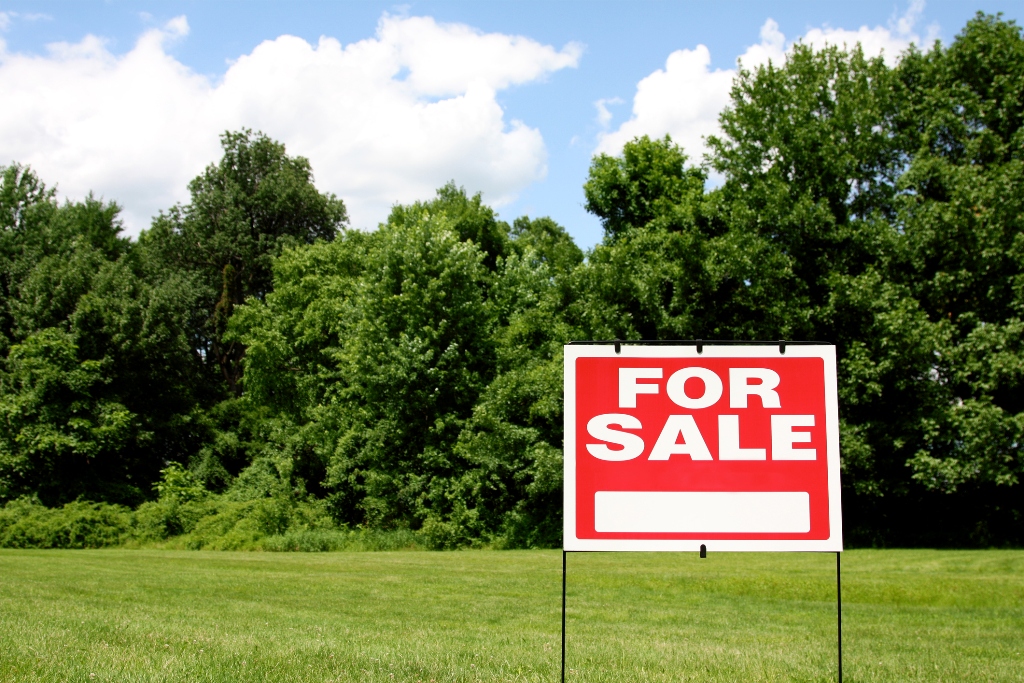
In selling land in Alabama, you need to keep your objectivity and focus at all times. We prepared this step by step guide to help you prepare for the process.
- Make sure you have the right to sell the land
- Work with the right land broker or Realtor
- Create a marketing plan to target the right buyers
- Help you prepare the property for sale
- Determine the right price for the property
- Negotiate with buyers on your behalf
- Have your property assessed to set the right listing price
- Get deeded access to the property
- Prepare the land for the sale
- Market your property
- Choose the right offer
- Go through due diligence
If you’re the sole owner of the property and have the legal documents to prove it, selling the land at your own discretion should not be a concern. However, if you inherited the property, ensure the title has already been transferred to you. If you co-own the land with other heirs or investors, get their consent to sell before putting the property on the market. If any unknown claimant to the title is uncovered after you’ve already signed a purchase contract with a buyer, this could delay closing or cost you the sale altogether.
Working with a Realtor who specializes in land in Alabama can help you sell the property faster and at the highest price. The Realtor can help with the following:
If you want to sell your property fast, set the right price from the start. Many landowners tend to list their property at an unrealistically high price, which can turn potential buyers away. Your Realtor can help you determine the right price.
Valuing land is not easy as each property is unique, with different features that have to be assessed individually. However, you can be guided by the prices of similar properties that recently sold in your area. A professional land appraiser can also help in the valuation.
Ensure there’s legal access to the land. If there’s no direct road access, secure a permanent easement that you can pass on to the buyer. Without access, the value of your land can go down by as much as 50%.
Before scheduling showings or taking listing photos, make your property as attractive as possible. Remove all the junk, including old machinery and equipment. Clear the trails around your property to give buyers a good view. If your land has a barn, shed, or other buildings, see to it that they’re in good condition and look well-maintained.
Make sure internal roads are easily passable. Mow or bush hog the trails to remove overgrown grass or weeds. Cut off tree branches that get in the way. It’s ideal to have a trail that’s at least 6 feet wide to allow UTVs to pass.
High-quality photos are essential in marketing your property. Have a professional take pictures to use in your listing. Highlight your land’s most desirable features, especially any body of water like a river, lake, stream, or pond. Show off the views, and if you have a working farm, ranch, or timberland, showcase its productivity.
Make sure your listing comes with a comprehensive and well-written description. Emphasize what makes the property special and its potential uses. Is it an old home site with plenty of history? Does it make a good hunting ground? Does it have good timber potential?
Your Realtor can help you list the property on the MLS, as well as other listing sites that specialize in agricultural or rural land. They can also market the property through their widespread network.
You might also want to offer seller financing. This can make your property more affordable to buyers, especially those who cannot pay in cash or obtain financing from lenders.
Your Realtor will help you review the offers you receive and decide which is the best one. The highest bid price may not always be the best offer. Look into other offer terms and conditions, as well, including earnest money, contingencies, and financing. Cash payment is common in land sales.
After you and the buyer agree on the price and terms of the purchase, the buyer will conduct due diligence. Alabama is a caveat emptor state, which means the buyer has the responsibility to uncover any defects or problems with the property, including title or deed issues. However, you may also be found liable if you withhold any information regarding the condition of the property or deed and title concerns.
Closing typically takes place within 15 to 30 days after the buyer signs off on the due diligence.
Check out our blog for more tips and info on selling land.
For expert help in selling land in West Alabama, we at Bill Mackey Real Estate are the Realtors to call. Get in touch with us today at 334-289-8470 or at bill@billmackey.com
